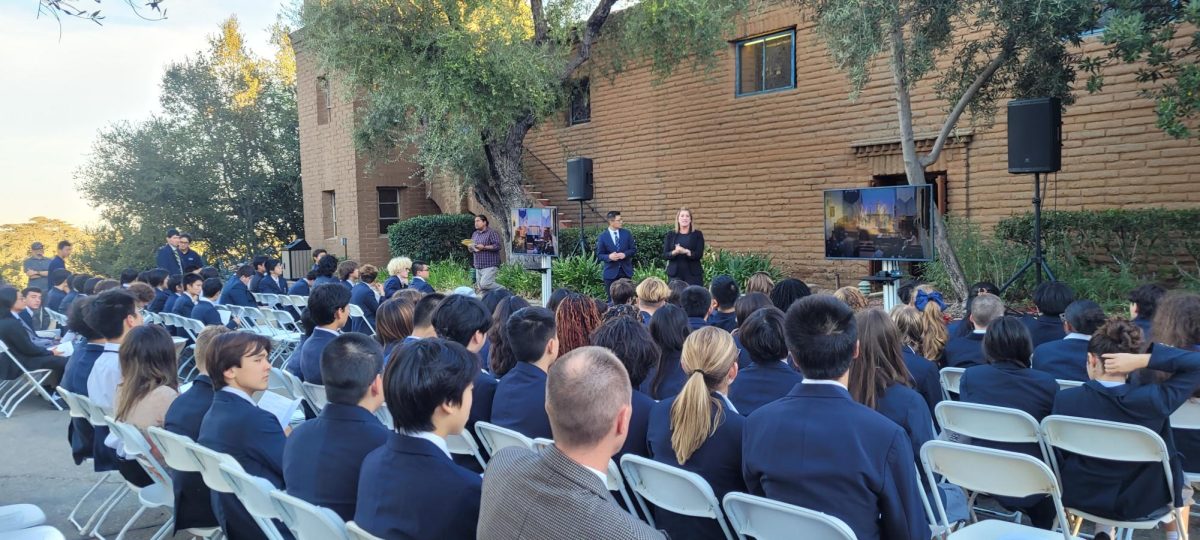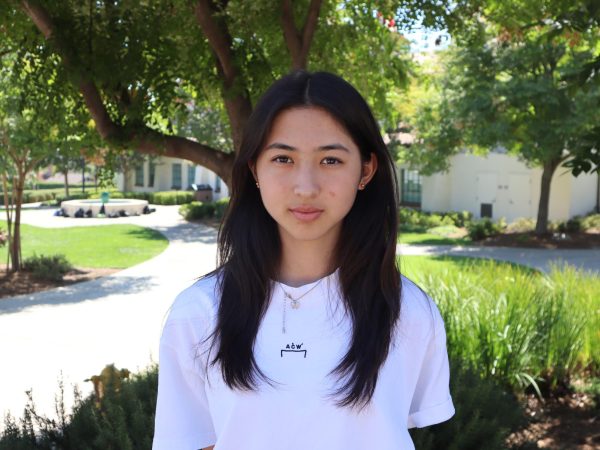The Webb Schools, an institute that fosters creativity and ambition, is home to aspiring artists who hope to make their way into the music industry. However, the industry itself is often corrupted with exclusivity, favoring certain groups while leaving others struggling for recognition.
Zona Zhou (‘26), a Webb student who writes and produces indie pop and R&B songs, highlights the difficulty of breaking into the music industry, especially for women and people of color.
“I do think that the music industry is a little exclusive, and the bar is really high,” Zona said. “For women, it’s so much harder. And for women of color, it’s even harder. The amount of resources or opportunities presented to you is very low, and you have to really cling to whatever you have.”
Zona points to a troubling reality: talent alone is not enough. Success often depends on financial resources and connections, leaving many young, diverse artists struggling to gain recognition.
“In the United States, we see representation issues,” Zona said. “A lot of people have more access to opportunities. Like, you know, Taylor Swift sort of talks about how the white man gets the most amount of resources.”
This shows how biased the industry can be. Because The Webb Schools is such a diverse place, this bias can greatly affect Webb students who aspire to enter these industries and make a name for themselves too.
Thomas Hu (‘25), another student at Webb who is a producer and plays bass and trombone for a band called Huang Yang Road, describes how challenging it can be to try and weave into an industry without the proper connections.
“A lot of the art world is about who you know,” Thomas said. “If you’re not already in a network, it’s so hard to break in. Even if your work is good, it might never get seen.”
Another Webb student, Jayden Aleman (‘26), an aspiring singer who wishes to study vocal performance in college echoes similar concerns.
“You can make the best music in the world, but if you don’t have money or people promoting you, it’s just not going to go anywhere,” Jayden said. “The industry doesn’t care unless you have a name, or you pay to get out there.”
Zona shares a conversation she had with a Webb alumni, Summer Swee-Singh (‘07), a musician who plays for major artists such as Aespa.
“She told me when she decided to do music instead of law, which is what her parents wanted her to do, she realized that her talents weren’t recognized,” Zona said. “People would just say, ‘Show me what you got,’ and even when she did, their attention wasn’t on her. She had to work so much harder to even be noticed.”
Jayden elaborates on how exclusivity doesn’t only show up in who gets famous, but also it shows up in what kinds of artists are taken seriously.
“If you don’t look or sound a certain way, people don’t take you seriously; if your music doesn’t fit a mold, they’ll say it’s experimental or niche which basically just means they’re not going to support it,” Jayden said.
Thomas also touches on the economic barriers artists face.
“Art supplies are expensive, submitting to competitions costs money, and even applying to certain schools or internships comes with a fee,” Thomas said. “That automatically blocks out a ton of people who might be super talented but don’t have those kinds of resources.”
Beyond gender and racial biases, the industry often favors those with pre-established connections.
“Sometimes you can be a fantastic musician, but maybe your song isn’t promoted in a really commercial way, or you don’t have a contract with one of the best entertainment agencies in the world,” Zona said. “That means that even if you have really great music, people might not ever hear it.”
Even when artists manage to break through initial barriers, financial challenges then create additional obstacles artists must overcome.
For example, the pay-to-play scandals or also known as the payola scandals, which is where artists must pay to have their music promoted. This further reinforces the idea of exclusivity and makes many Webb students question the fairness of the system.
“If somebody is not able to do that, are we excluding them from the industry? I think the answer is yes,” Zona said.
“It’s really unfair,” Jayden said. “You shouldn’t have to pay hundreds just to perform at a showcase or get on a playlist. But if you don’t, no one hears you.” “There’s this myth that talent rises to the top,” Thomas said. “In reality, it’s money and access that rise. So many people I know are amazing artists, but no one’s looking at them because they don’t have connections.”
Despite the music industry’s exclusivity, there are ways for young artists to carve their own paths. Zona highlights social media as a way to promote your music without having to go through so much trouble.
“Social media is huge because it sends your content to people who might not be close to you, not in vicinity,” Zona said. “You get to reach an audience you might not have expected at all before.”
“TikTok and Instagram changed the game,” Jayden said. “You can go viral without a label. But even then, it’s hard to maintain that attention unless you have the means to keep pushing your work.”
This further reinforces the idea that social media can play a major role in expanding your influence without the potential threats of exclusivity.
Thomas concluded with hope but also caution.
“I think Webb students have the creativity and drive to succeed, but we have to be real about the barriers we face,” Thomas said. “Exclusivity doesn’t disappear just because we’re passionate. We have to support each other and create our own opportunities.”


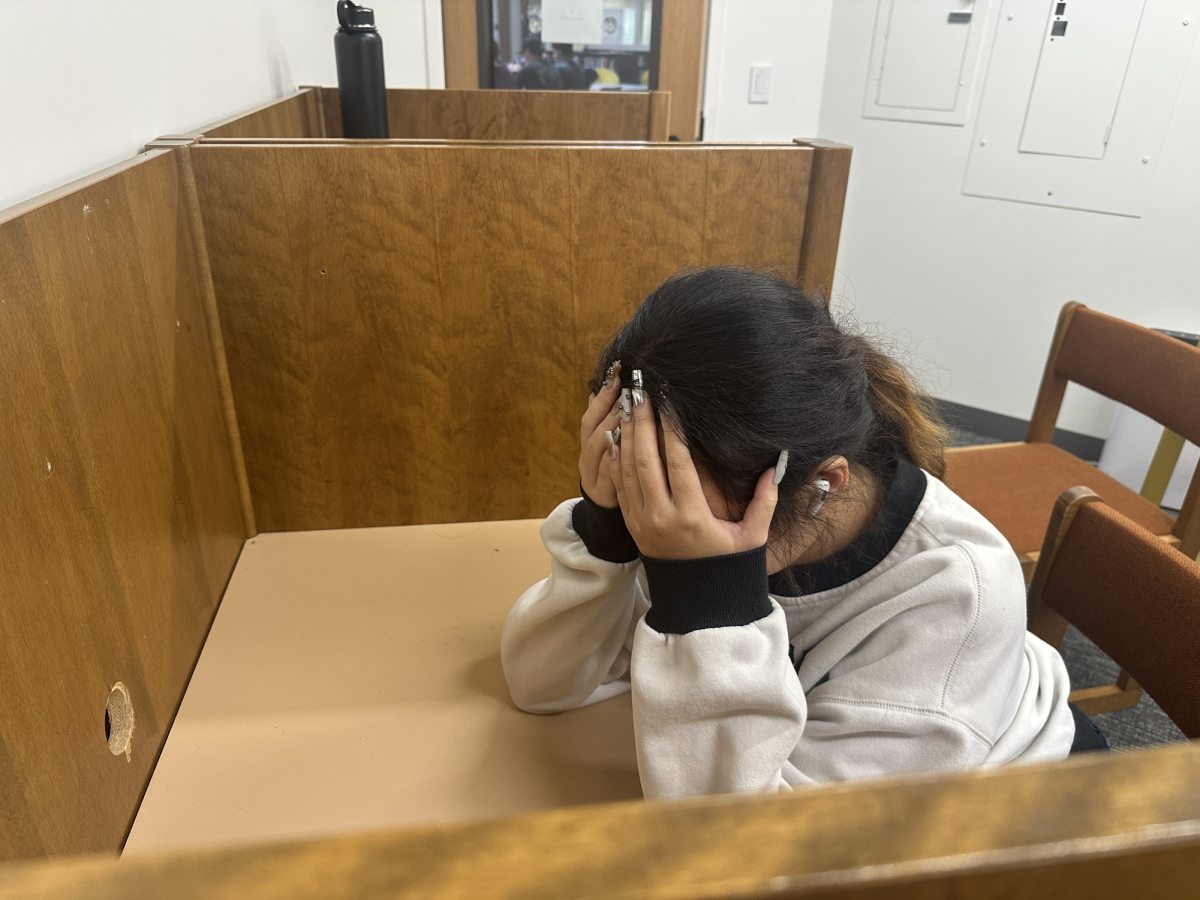


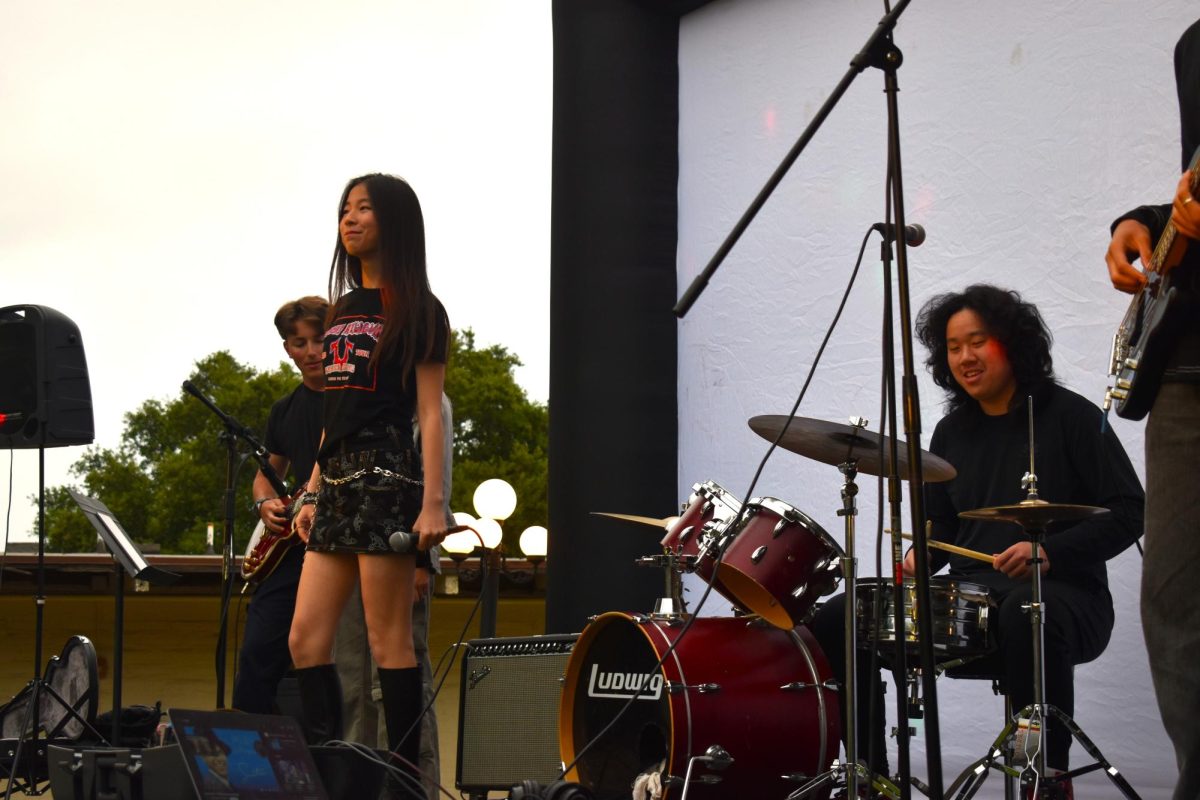








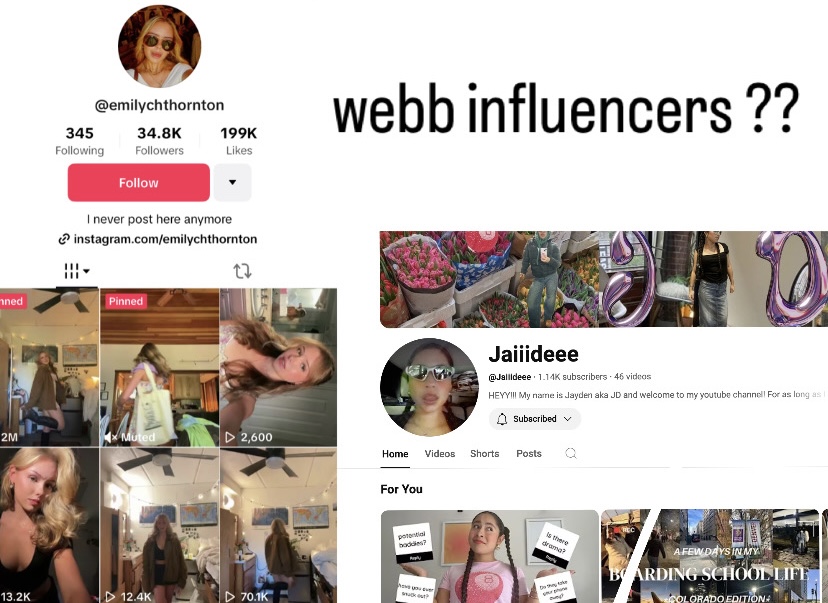

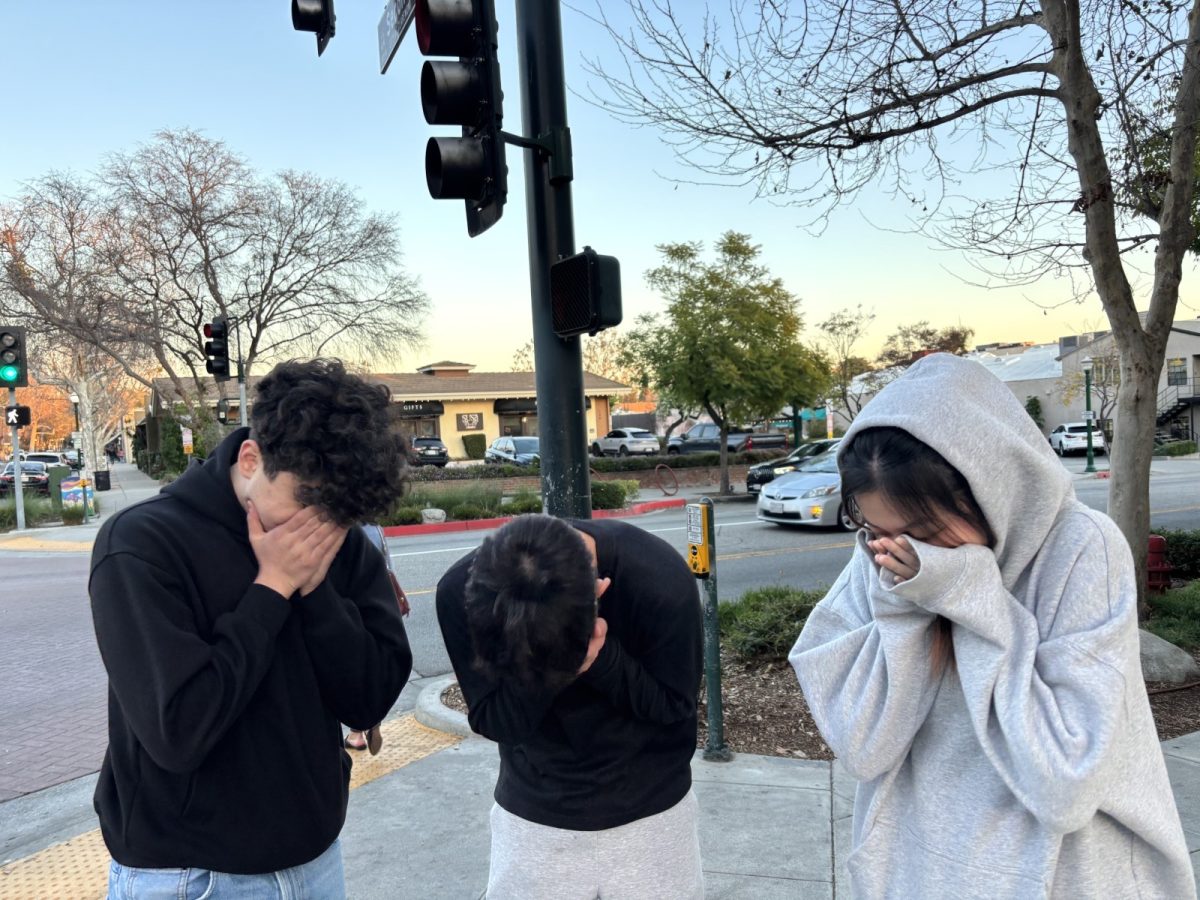
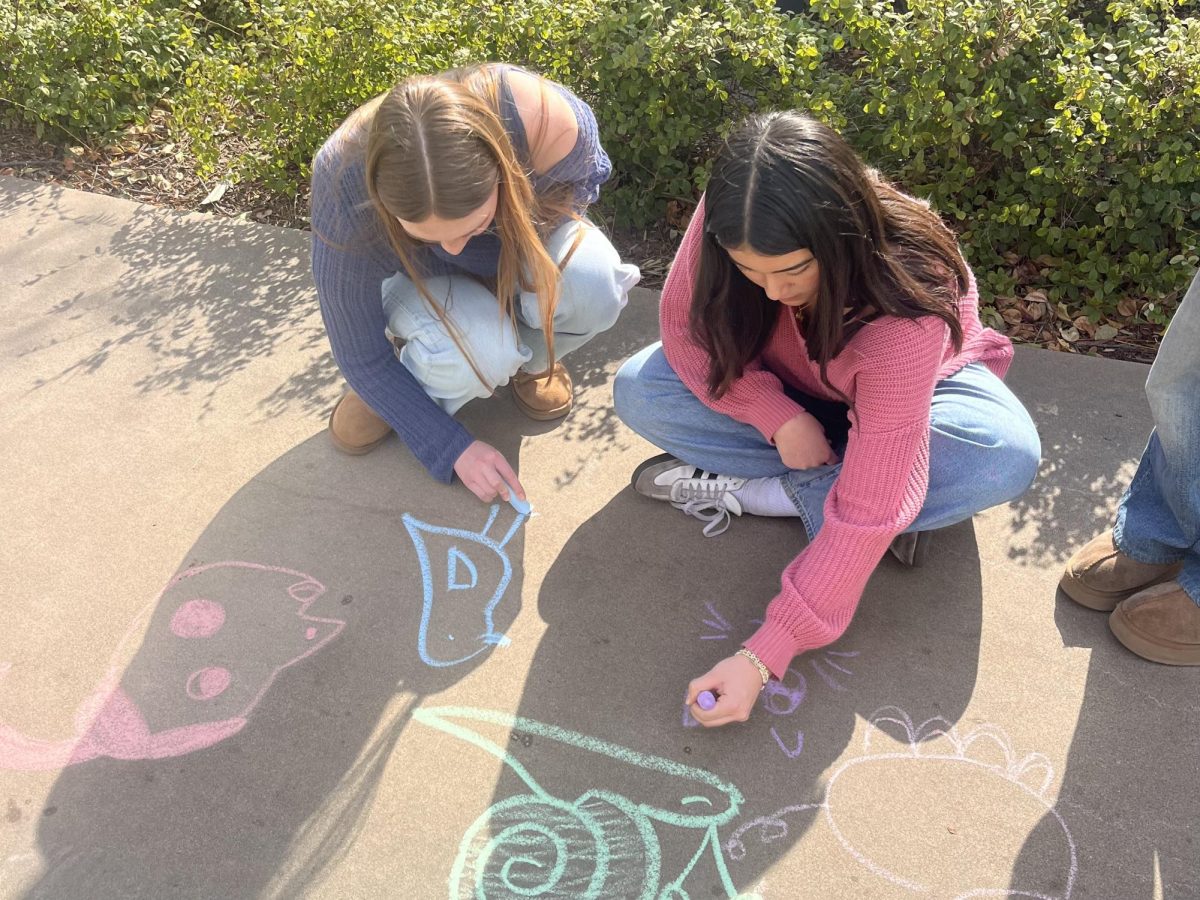
![Claire Yu (‘26), searching Jenn Tran on the internet, views endless articles about Jen’s personal, social, romantic, and television life. “I had never heard of her before but seeing that she is Asian American made me interested in [the] kind of contributions she made to pop culture,” Claire said. Scrolling through the internet, Claire is amazed at the impact that Jen has on reality TV. “It was cool searching about her as it’s rare for me to see this representation on TV,” she said.](https://webbcanyonchronicle.com/wp-content/uploads/2024/12/Morales-Webb-Students-Reflect-on-Media-Star-Jen-Tran-1200x861.jpg)
